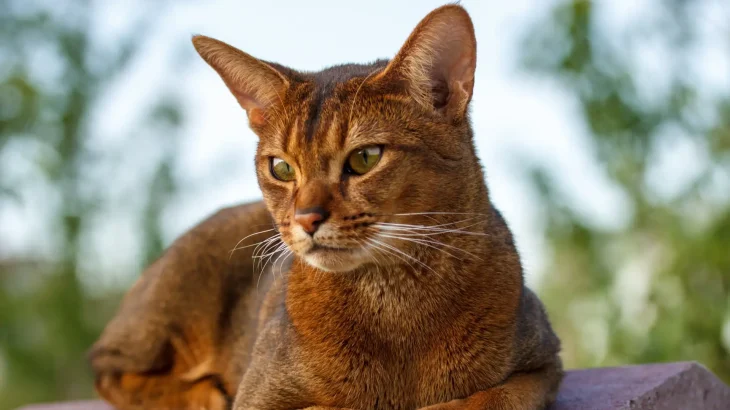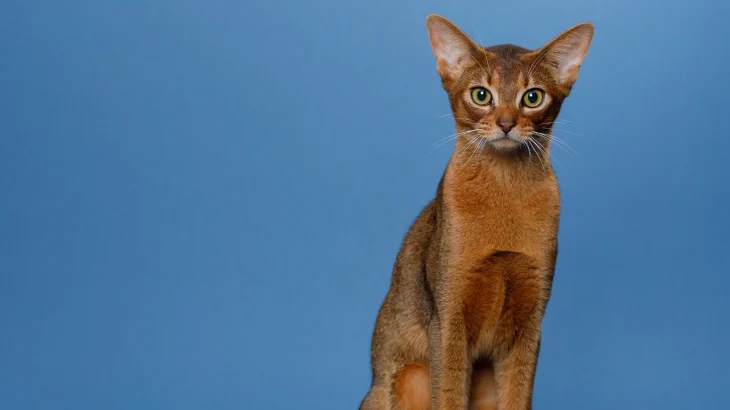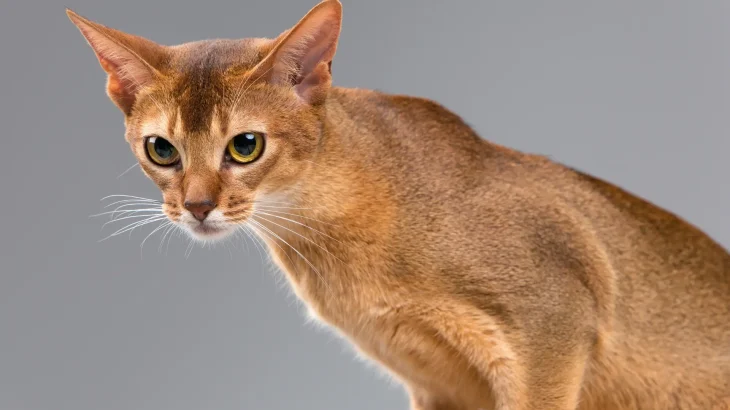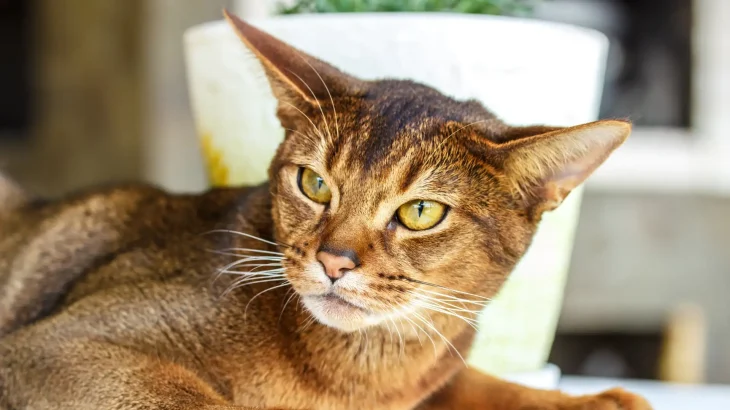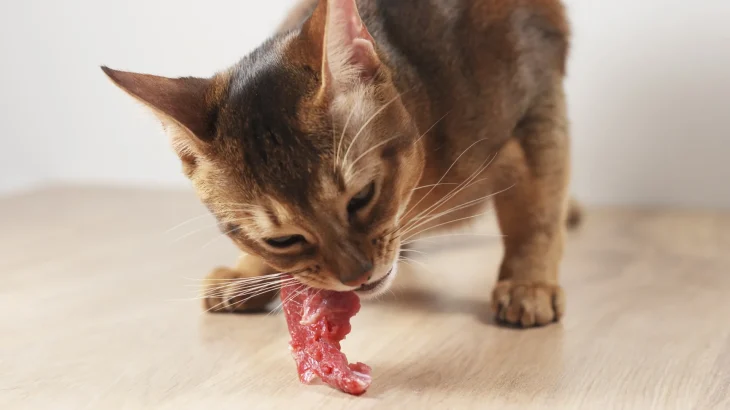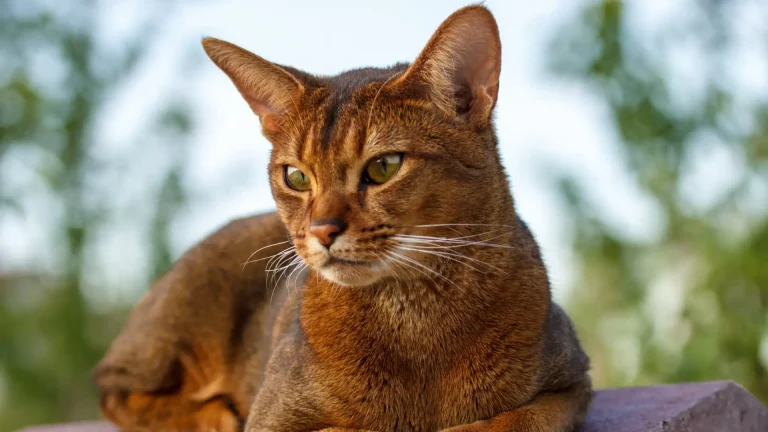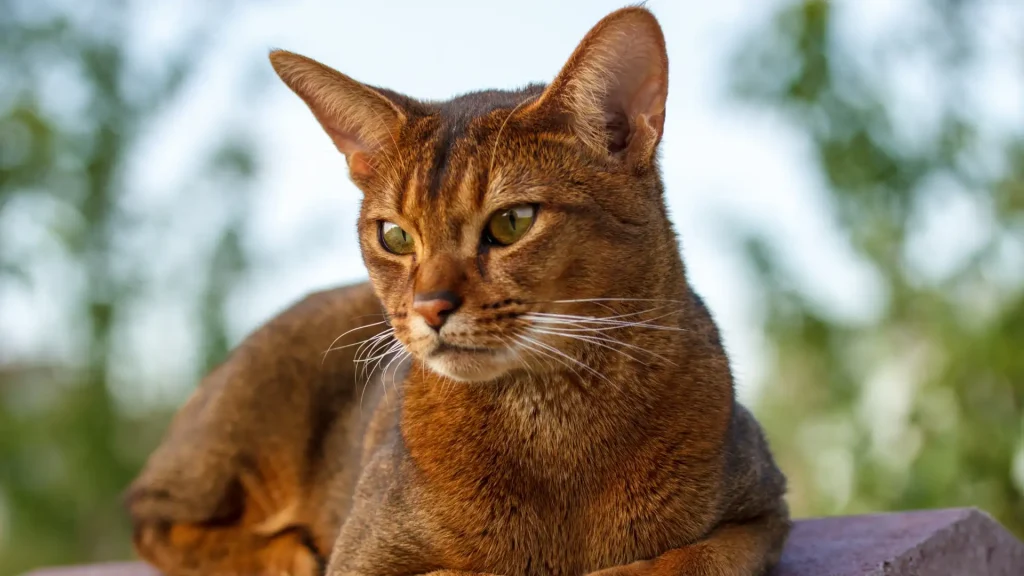When deciding between adopting or purchasing an Abyssinian kitten, both options have their unique benefits. Buying from a breeder usually offers a clearer picture of the kitten's health and lineage, while adoption gives a loving home to a cat who may not have a documented background. Each route suits different priorities—whether that's guaranteed breed purity or giving a second chance to a cat in need.
| Criteria | Buying from Breeder | Adopting from Shelter/Rescue |
|---|---|---|
| Cost | Usually higher, around $500 to $1,500 depending on breeder and lineage. | Lower fees, generally $50 to $200, often covering vaccinations and spay/neuter. |
| Health History | Comprehensive health records from responsible breeders. | Medical history may be incomplete; shelters perform basic health checks. |
| Age Availability | Mostly kittens, ideal if you want to raise the cat from young. | Wide age range; kittens to seniors. |
| Temperament Insight | Breeders provide information about temperament traits. | Staff share behavioral observations; full history often unknown. |
| Supporting Practices | Supports selective breeding; important to choose ethical breeders. | Supports animal welfare and reduces homeless cat populations. |
| Ethical Considerations | Depends on breeder ethics; avoid backyard breeders. | Promotes rescue and rehoming, often seen as more ethical. |

